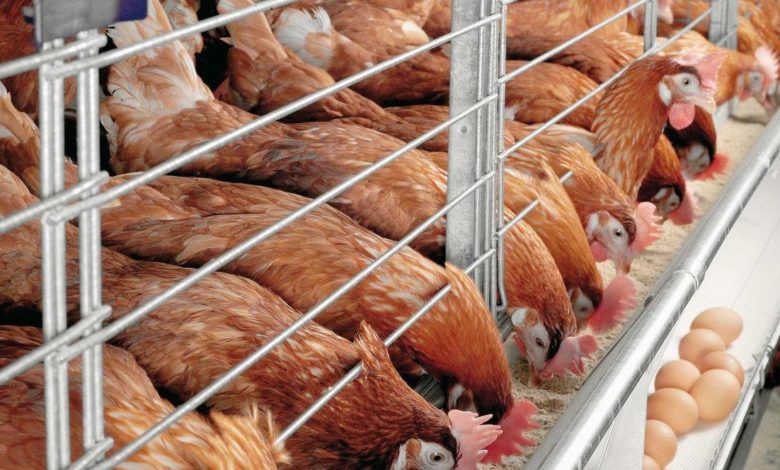Cameroon Records Commercial Deficit Of 37% Due To COVID-19

Cameroon recorded a commercial deficit of 487 billion FCFA (about US$974 million) which is a drop of 36.9 per cent during the first semester of 2020 due to the negative effects of the Covid-19 pandemic.
According to a document on external trade just released by the National Institute of Statistics (NIS), “This result on the commercial balance is due to an increased contraction of 27.6 per cent on imports as against exports which contraction was 21.4 per cent less serious”.
The NIS document seen by HumAngle, indicates that the global commercial exchanges of Cameroon witnessed a drop of 19.7 per cent in quantity and 25.2 per cent in value. Exports stood at 918.4 billion FCFA (about US$1.8 billion) while imports were evaluated at 1,406 billion FCFA (about US$3 billion).
“The impact of the Covid-19 pandemic was one of the principal factors of this evolution”, the NIS document reveals adding that if the Covid-19 continues, the global exchanges of Cameroon would continue to contract.
“The fallout from food consumption on local products to the detriment of massive imports such as rice could have a beneficial effect on the commercial balance of payments and at the same time push up the national offer which is finding fewer and fewer market outlets in neighbouring countries due to the closure of national frontiers”, the document reveals.
It should be noted that the closure of national borders has been having a very negative effect on local farmers who are unable to export their fresh farm products to neighbouring countries.
A shouting example is that of tomatoes, thousands of tons of which have been rotting in local markets because they cannot be exported to Gabon, Equatorial Guinea and other markets in the Central African Economic and Monetary Commission (CEMAC) sub region.
“Some farmers in the West Region were forced to commit suicide when they watched their farm produce perish making it impossible for them to repay loans contracted to maintain their farms”, the manager of a local Cooperative Bank told HumAngle in Douala.
Meanwhile, in a related story, there are indications that banks are becoming more and more reluctant in granting loans to business enterprises, most of which are sinking due to the negative effects of the Covid-19.
According to the just published findings by Francis Ghislain Ngomba Bodi, an economist with the Bank of Central African states BEAC, there has so far been a drop of 20 per cent in the volume of loans granted to local business people.
“Within this context, the risk premium on businesses, which is already very high, would further augment by 6 per cent.
“This may have joint action on the rate and volume of bank credit granted to enterprises.
“Due to the transfer of assets which would result between the enterprises on the verge of collapse and their guarantors, the collateral value of business enterprises would drop, reducing at the same time, the volume of real credit which they could demand”, the BEAC official added.
Support Our Journalism
There are millions of ordinary people affected by conflict in Africa whose stories are missing in the mainstream media. HumAngle is determined to tell those challenging and under-reported stories, hoping that the people impacted by these conflicts will find the safety and security they deserve.
To ensure that we continue to provide public service coverage, we have a small favour to ask you. We want you to be part of our journalistic endeavour by contributing a token to us.
Your donation will further promote a robust, free, and independent media.
Donate HereStay Closer To The Stories That Matter




